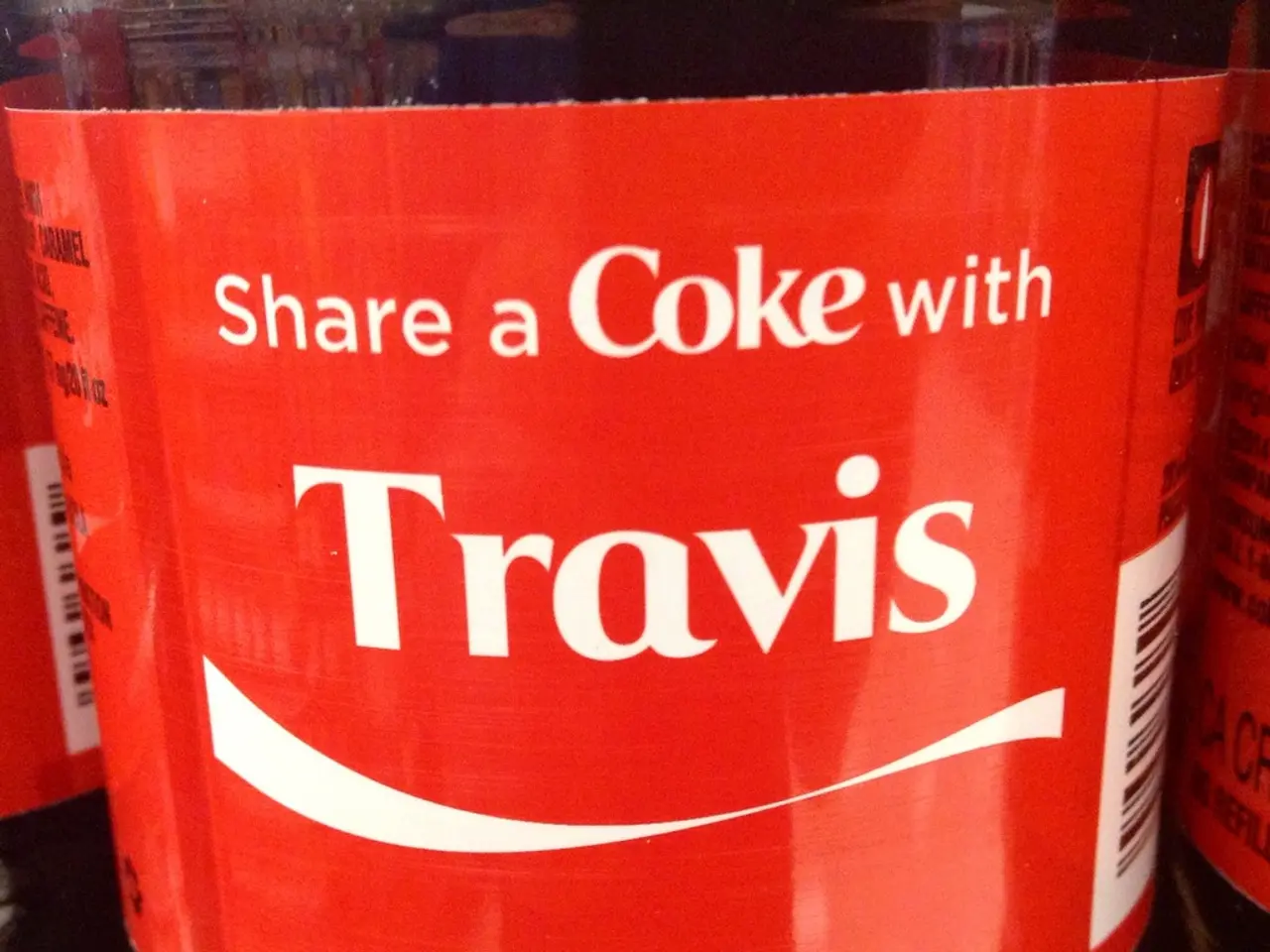Cocaine's Power over the Brain's Emotional Center Sparks Relapse
The pursuit of new strategies to combat cocaine addiction has taken a significant leap forward with the discovery of a specific "anti-reward" brain circuit located in the ventral pallidum. This circuit, which becomes hyperactive during withdrawal, generates negative emotional states such as anxiety, dysphoria, and emotional pain, driving users to seek relief rather than pursue pleasure.
Key potential treatment strategies include:
1. **Modulating the anti-reward circuit activity:** Rather than shutting down the circuit completely, future drugs could aim to fine-tune its function to reduce extreme emotional pain while preserving its protective role. Completely inhibiting it paradoxically increased drug-seeking behaviour in experimental models.
2. **Targeting withdrawal-related emotional pain directly:** New treatments might focus on reducing the negative emotional consequences of withdrawal, such as adapting cognitive-behavioural therapy (CBT) protocols to help addicts tolerate or reframe withdrawal-associated anxiety and emotional hypersensitivity.
3. **Using the anti-reward circuit as a biomarker:** If measurable via imaging or bio-signals in humans, this circuit's activity could identify individuals at high relapse risk, guide treatment personalization, and monitor therapeutic response, improving clinical outcomes.
Though the discovery currently pertains to cocaine addiction, the anti-reward mechanism may be relevant to other substance use disorders involving severe withdrawal symptoms, such as alcohol and opioid addiction. This could potentially broaden the impact of these new treatment approaches.
The study, conducted by Liran A. Levi and Prof. Yonatan M. Kupchik at Hebrew University's IMRIC Center for Addiction Research (ICARe), offers a new framework for understanding addiction not just as the pursuit of pleasure, but as the escape from pain. The researchers identified the ventral pallidum's glutamatergic neurons, which activate aversion, as a crucial component in addiction.
Upon drug re-exposure, the connections between the "anti-reward" network and other centers temporarily ease distress. However, during withdrawal, these connections become stronger, increasing sensitivity to negative emotional states. Heightened activity in the "anti-reward" network drives users back toward cocaine use as a means of escaping negative feelings.
Inhibiting the VP → LHb pathway enhances cocaine preference after abstinence, while inhibiting the VP → VTA pathway shows variable effects. Inhibiting the anti-reward circuit in the ventral pallidum increases drug preference and motivation. The brain's negative signals during drug withdrawal may serve a protective role by creating an internal brake against excessive drug use.
In conclusion, these findings support a shift toward therapies that address the emotional pain of withdrawal through circuit modulation and behavioural interventions, offering a promising new path for effectively preventing cocaine relapse.
- The neuroscience community is intrigued by the discovery of an "anti-reward" brain circuit, which has the potential to influence mental health and health-and-wellness by combating addiction and emotional regulation.
- This "anti-reward" circuit, located in the ventral pallidum, hyperactivates during withdrawal, leading to increased anxiety, depression, and stress, and encourages drug-seeking behavior as a means of escape.
- Neuroscience news suggests that future treatments could target this circuit's activity, finding a balance between reducing emotional pain and preserving its protective role, rather than shutting it down entirely.
- New strategies also involve targeting withdrawal-related emotional pain directly, such as adapting cognitive-behavioral therapy to help addicts cope with anxiety and emotional hypersensitivity associated with withdrawal.
- Researchers believe that understanding this "anti-reward" mechanism could expand beyond cocaine addiction, potentially offering effective solutions for substance use disorders like alcohol and opioid addiction, contributing to overall mental health.
- With a clearer understanding of the role of dopamine, motivation, and the brain in addiction, neuroscience could pave the way for new treatment approaches, focusing on alleviating emotional pain and promoting mental health during withdrawal.




